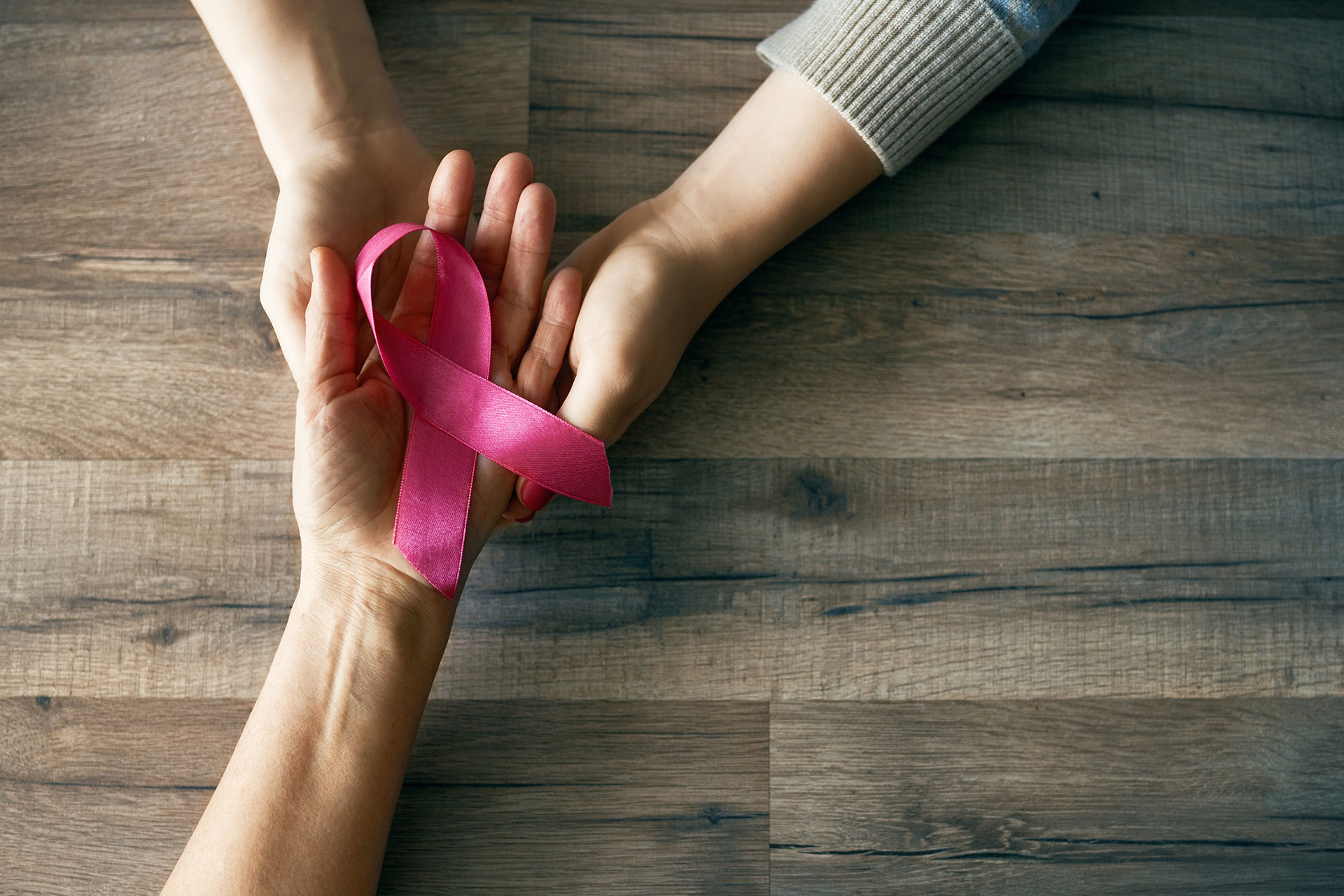Breast Cancer Awareness Month is observed every October. It is a dedicated time to promote breast cancer, encourage early detection, and offer support to those affected. During October, individuals, communities, and health organizations come together to educate about risks, symptoms, and care.
At Signature Health Services, a home nursing agency dedicated to patient well-being, our perspective emphasizes raising awareness and demonstrating how home nursing and therapy support add real value to prevention, treatment, and recovery.
What You Should Know about Breast Cancer
Breast cancer arises when cells in breast tissue grow abnormally and invade surrounding tissue or spread to other parts of the body. Most cases begin in the milk ducts (ductal carcinoma) or lobules (lobular carcinoma).
These numbers show the urgency of awareness during October and year-round efforts to prevent breast cancer when possible and detect it early.
Why Early Detection Matters
The prognosis for breast cancer strongly depends on how early it is found, accordingly to the latest cases:
Early detection is effective only when people are empowered to act, recognizing warning signs, undergoing timely screening, and taking action on abnormal findings.

Risk Factors and Prevention Strategies
While one cannot eliminate all risk, some well-documented factors and behaviors influence breast cancer risk. Awareness of these enables how to help breast cancer prevention:
Non-Modifiable Risk Factors
- 1
Genetics and family history – Certain inherited gene mutations, such as BRCA1 or BRCA2, significantly raise the risk.
- 2
Age and sex – Risk increases with age, and being female is the primary risk factor.
- 3
Dense breast tissue – Higher breast density (fibroglandular vs fatty tissue) can both increase risk and make detection via mammogram more challenging.
Modifiable or Partially Modifiable Factors
- 1
Excess body weight/obesity, especially after menopause.
- 2Sedentary lifestyle and lack of constant physical activity.
- 3Alcohol consumption, even moderate intake, can raise risk.
- 4Hormone therapy use, especially prolonged combined estrogen–progestin therapy.
- 5Reproductive factors such as having a first pregnancy late, few pregnancies, or not breastfeeding can influence risk.
Adopting healthy habits, like exercising regularly, maintaining a balanced diet, limiting alcohol, and managing weight, offers an opportunity to reduce risk or even prevent breast cancer.
Symptoms and When to Act
Many cases of breast cancer are found through screening, before symptoms appear. However, awareness of potential signs and symptoms is crucial. Common red flags include:
If any unusual change persists, one should consult a qualified health professional promptly. Early evaluation gives the greatest chance for effective treatment.
Treatment Approaches
Treatment of breast cancer is highly individualized, depending on tumor subtype, stage, and patient health. Common modalities include:
Often, a combination of treatments is applied to maximize efficacy while minimizing side effects.

The Role of Home Nursing and Therapy in Breast Cancer Care
For patients going through treatment or recovery, home nursing and therapeutic support can make a profound difference. From our perspective as an experienced home nursing agency, we see multiple benefits:
- 1
Continuity and comfort – Patients recover in familiar surroundings, which can reduce stress and promote well-being.
- 2
Symptom management and monitoring – Home nurses can help monitor vital signs, manage pain, observe for side effects, and ensure timely medical communication.
- 3
Rehabilitation and functional support – Therapists can guide gentle exercises, mobility training, lymphedema prevention, and a safe return to activity.
- 4
Emotional and psychosocial support – Frequent contact and counseling in a home setting help address anxiety, fatigue, and emotional strain.
- 5
Personalized care plan and education – Home care providers reinforce instructions, help with medication adherence, and educate patients and family caregivers.
Evidence supports these benefits. A systematic review of home-based multidimensional survivorship programs in breast cancer survivors showed improvements in quality of life, reductions in anxiety, fatigue, and insomnia in the short term.
Therefore, integrating home nursing services into breast cancer care helps bridge hospital-based treatments and everyday life, enhancing outcomes and dignity.
How You Can Contribute This October
During the month of breast cancer awareness, there are many meaningful ways to get involved:
The 2025 theme, “My Why,” reveals that behind every act of resilience, every choice to persevere, and every effort to care for or give, there’s a personal reason: a “why.” This campaign encourages everyone affected by breast cancer, including patients, families, and healthcare providers, to share their personal stories and motivations. The goal is to connect the breast cancer community and make them feel seen, supported, and connected.
Challenges and Hope
Although progress has been made, much work remains. At Signature, we know firsthand the essential role that home-based support plays during treatment and recovery.
We urge you: learn the signs, uphold preventive habits, advocate for screening, and support those affected. Every action matters.
Let this October be a time of renewed energy, a stepping stone to a year-round commitment. Together, we make stronger steps toward a world in which every person facing breast cancer has access to early detection, effective treatment, and dignified support.
Call Signature 24/7 at 1 (800) 277-8291 for excellence in skilled and compassionate home health care.

Your Complete Home Health Care Solution.
ALWAYS ON CALL
| Monday – Sunday | 24 / 7 |
1 (800) 277-8291 (option 1)
COUNTIES SERVED
OUR VALUES
TESTIMONIALS

I love all of my home health people.

All Signature staff as well as therapy were very helpful.

Their services have always been great.

I really love my physical therapist. Gary has helped me so much.

This has been one of the best agencies. Very caring nurses.

I’ve had a really good physical therapist and really nice nurses.

I have had excellent care & would recommended them to anyone.

Gary Dixon is the very best physical therapist in Baytown and Houston Area.

